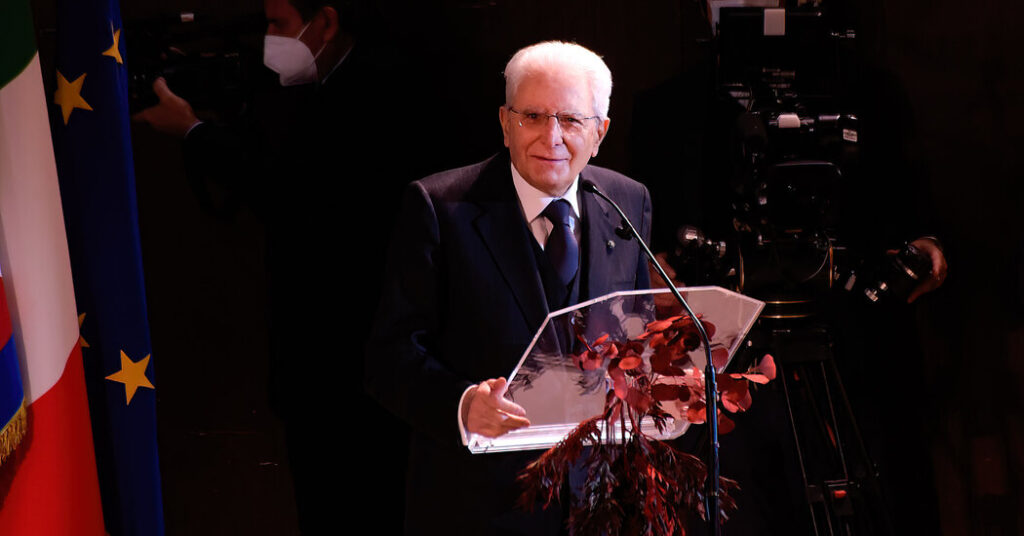
For days, the competing political parties engaged in all sorts of tactics to pursue their narrow interests, gain the upper hand or defend against partisan candidates. They cast blank ballots and floated symbolic candidates used to measure the compactness of their voting blocs. They timed their own voters to make sure they were not writing down names on blank ballots. They publicly offered what they called ideal, real, credible candidates, but in reality, they meant to burn those candidacies by merely articulating the syllables of their names.
On Thursday, the threshold for victory went down to 505 votes, an absolute majority, and tensions increased.
On Friday, the number of votes increased to two a day, and Mr. Salvini tried to force a candidacy of a political ally, Maria Elisabetta Alberti Casellati, the president of the Senate, despite threats from liberals and his nominal partners in the national unity coalition that it would prompt the collapse of the government.
Her candidacy came up far short and did not even succeed in winning all of the votes of the center-right bloc. Momentum began to move toward Mr. Mattarella, but on Friday night, desperate politicians, including the embittered former prime minister Giuseppe Conte, whom Mr. Mattarella had replaced with Mr. Draghi, expressed backing for a generic female candidate. The move was roundly interpreted as a last-ditch power tactic and merely claimed new political casualties.
But on Saturday, all of those gambits seemed to end and the members of the national unity government decided to keep things exactly how they were, with Mr. Mattarella as president and Mr. Draghi as prime minister. But everything also seemed different. The election had taken a toll.
The election, Enrico Letta, the leader of the Democratic Party, told reporters on Saturday, showed “a political system that is blocked.” He added, “This isn’t working.”
Elisabetta Povoledo and Gaia Pianigiani contributed reporting.

